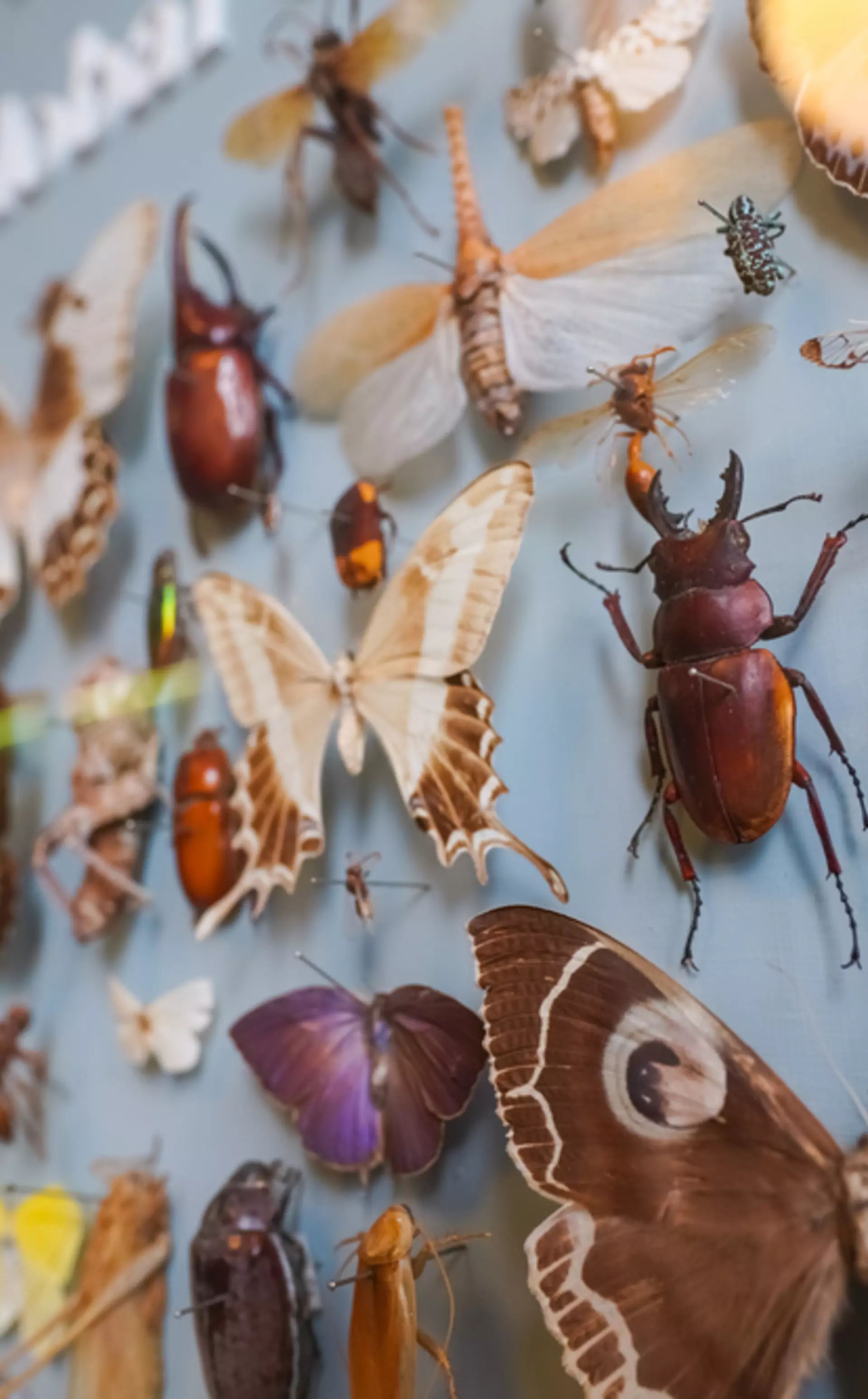This hands-on session uses interactive voting software, real specimens and group tasks to help students understand the science of taxonomy (classifying living things).
Students will work together to classify a range of unusual invertebrates, discuss the importance of the binomial system to name organisms and learn more about how modern technologies have affected how organisms are classified today. Students will also learn about how classification is applied to the conservation work carried out by ZSL.
| Age: KS3 (11 - 14 year olds) | Duration: 45 minutes | Capacity: 35 students | Indoor Session |
Intended Learning Outcomes:
Students will be able to:
- Describe classification using: Kingdom, Phylum, Class, Order, Family, Genus and Species
- Give an example of how to classify a species based on its similarities with other organisms
- Explain how to name organisms using the binomial system and why scientists use it
- Give an example of how modern technology has affected the classification of species
- Understand the practical application of classification in conservation of species using the EDGE of Existence programme as an example
Online Teaching Resources:
- Support your students' learning before, during or after a visit with our online teaching resources
National Curriculum Links
| KS3 Biology | Working Scientifically | Scientific attitudes |
|
| Experimental skills and investigations |
|
||
| Genetics and evolution | Inheritance, chromosomes, DNA and genes |
|
